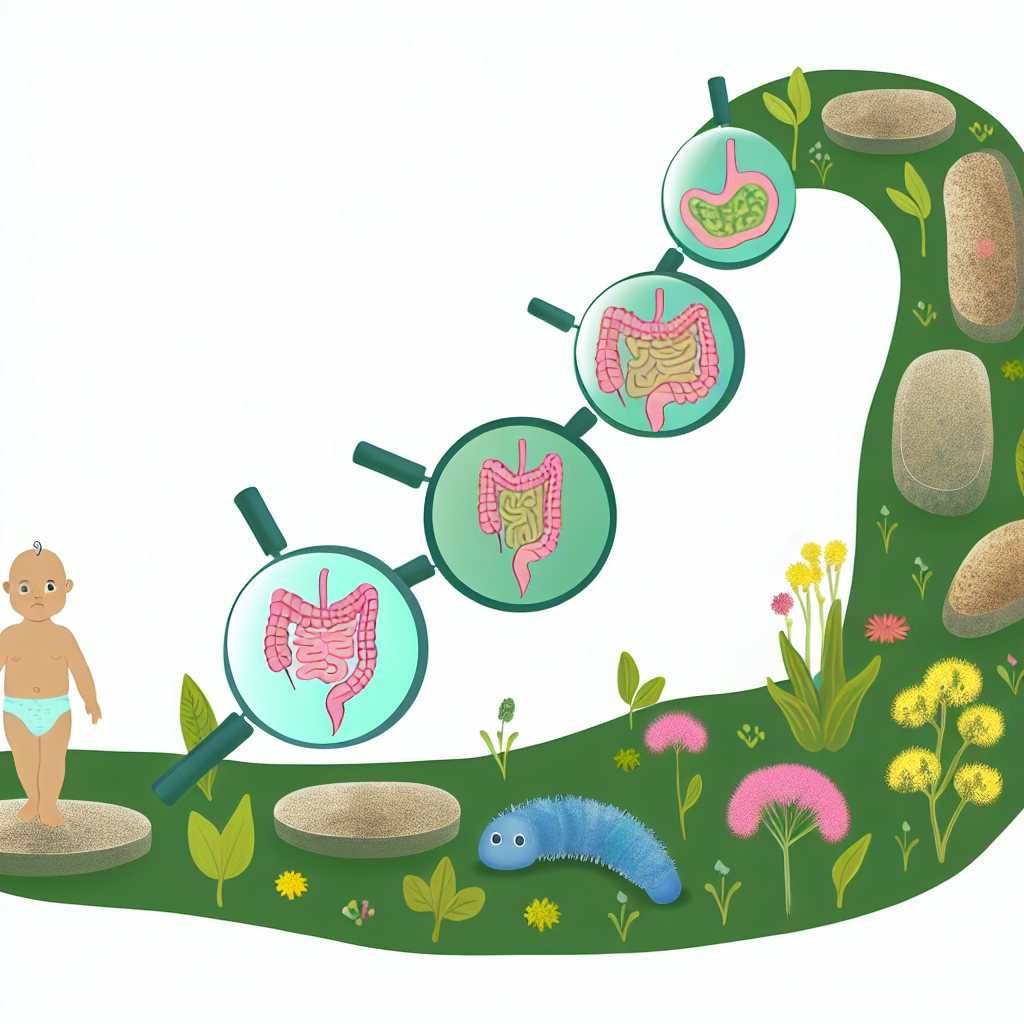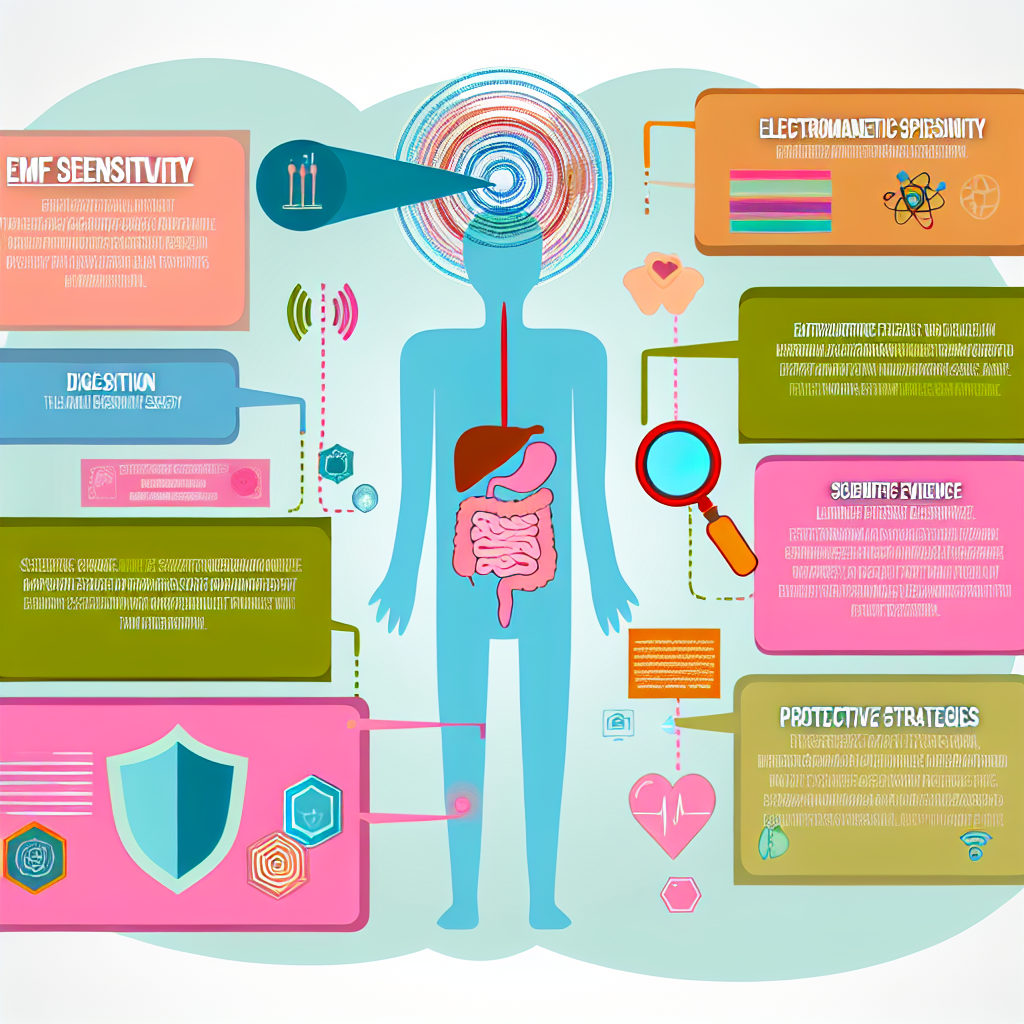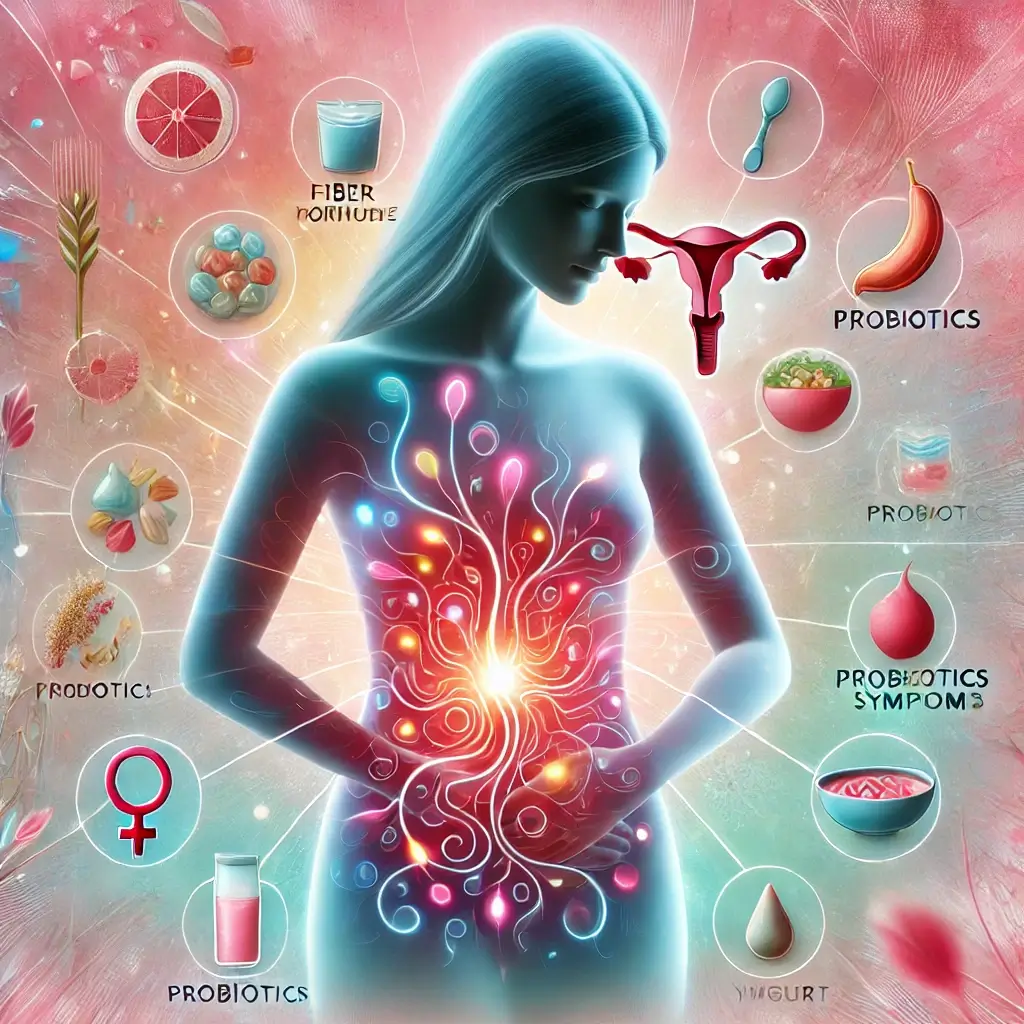Pediatric Microbiome Development: Critical Windows for Lifelong Gut Health
The human gut microbiome—a diverse ecosystem of trillions of bacteria, fungi, viruses, and other microorganisms—is foundational to health and disease prevention throughout life. However, the early years—specifically the first 1,000 days from conception to age two—represent a critical window for shaping this intricate inner landscape. During this time of rapid immune and microbial development, pivotal experiences can influence digestive function, metabolic balance, immune strength, and even brain development.
In this article, we’ll explore key developmental milestones for the pediatric microbiome and highlight how natural strategies—from herbal teas to fermented foods—can optimize wellbeing from infancy onward.
Why the First 1,000 Days Matter: Building Blocks of Gut Health
Pediatric microbiome development begins even before birth. A child’s microbial blueprint is influenced by maternal health, in utero exposures, delivery mode (vaginal birth vs. C-section), and method of feeding (breastmilk vs. formula). Factors such as antibiotic use, solid food introduction, household environment, and contact with pets all help sculpt a child’s microbial resilience.
This early microbial composition can have lifelong effects. Studies point to links between gut health and chronic conditions such as obesity, allergies, eczema, asthma, and even behavioral and mood disorders. With rising concerns over antibiotic overuse, ultra-processed diets, and reduced natural microbial exposure, parents and practitioners alike are seeking gentle, evidence-based approaches to support the early microbiome.
Birth Matters: How Delivery Mode Shapes Baby’s Microbiome
One of the earliest—and most impactful—microbiome influencers is the method of delivery. According to a study published in Nature Communications (Dominguez-Bello et al., 2010), babies born vaginally acquire their initial microbiota from maternal vaginal and gut flora. This results in robust microbial diversity right from the start.
In contrast, C-section-delivered infants are more frequently colonized by skin and hospital-associated microbes. These infants often exhibit delayed microbial maturity and may be at greater risk for allergies, autoimmune conditions, and metabolic disorders.
Breastfeeding & Gut Resilience: Nourishing the Microbiome Naturally
Breast milk does more than nourish—it seeds and feeds the microbiome. Rich in human milk oligosaccharides (HMOs), breast milk selectively fuels beneficial bacteria such as Bifidobacteria. These organisms help fortify the intestinal barrier, regulate the immune system, and protect against pathogens.
A 2021 study published in Pediatric Research found that breastfed infants showed significantly improved microbial stability and diversity compared to formula-fed peers—an effect that may extend into childhood and beyond.
The Hidden Cost of Antibiotics: Disrupted Microbiomes in Infancy
While antibiotics can be life-saving, their overuse in early life can wreak havoc on gut health. Even short courses during infancy have been associated with long-term reductions in microbial diversity. According to a study in Cell Host & Microbe, these changes can persist for years, increasing risks for conditions such as eczema, IBD, and neurobehavioral disorders.
Health-conscious approaches now encourage judicious antibiotic use along with concurrent and follow-up treatments using probiotics and prebiotics to rebuild microbial balance.
Food Introduction: Cultivating Microbial Diversity Through Diet
What babies eat during weaning not only shapes their palate—but also their gut flora. Introducing fiber-rich vegetables, legumes, fruits, and fermented foods helps diversify the microbiome and strengthen the immune system.
The groundbreaking LEAP study (New England Journal of Medicine, 2015) also demonstrated that early introduction of allergenic foods like peanuts could prevent allergies while positively impacting microbial and immune development.
Herbal Helpers: Chamomile, Fennel & Natural Digestive Support
For centuries, herbs like chamomile and fennel have been used to support infant digestion and reduce colic. A double-blind, placebo-controlled clinical trial published in Phytotherapy Research confirmed their efficacy: infants receiving a chamomile-fennel tea had a 65% reduction in colic symptoms compared to placebo.
These gentle botanicals provide natural anti-inflammatory and antispasmodic effects—especially helpful in supporting early gut motility and comfort.
Probiotics & Fermented Foods: Seeding a Healthy Microbiome
Probiotic-rich foods such as yogurt, kefir, and miso, along with supplementary probiotics, can powerfully support gut flora development. A 2022 review in Frontiers in Nutrition showed that pediatric probiotic use may reduce risks for diarrhea, eczema, asthma, and antibiotic-associated gut disruption.
For toddlers and older children, incorporating fermented vegetables (like sauerkraut or kimchi) into meals can further boost microbial richness and immune regulation.
Nature’s Role: Pets, Dirt, and Microbial Exposure
Regular exposure to natural environments has been associated with more diverse and resilient microbiomes. From crawling on soil to interacting with pets, these common childhood experiences may play a crucial role in “educating” the immune system.
That’s why modern integrative pediatricians now recommend unstructured play outdoors, limiting harsh sanitizers, and minimizing medication unless medically necessary—measures that restore balance between hygiene and healthy exposure.
Conclusion: A Microbiome-Focused Approach to Lifelong Wellness
By understanding the pivotal role of the microbiome during the earliest moments of life, we can reshape how we support children’s health from the inside out. From birth method to feeding practices, herbal remedies, and lifestyle habits, each small decision can have lasting health impacts.
Harnessing knowledge from medical research and natural healing traditions, we can optimize gut development for stronger immunity, better digestion, and reduced disease risk. Investing in your child’s microbiome today is a gift for their health tomorrow.
Concise Summary (100 words):
The first 1,000 days of a child’s life are a critical window for shaping their gut microbiome, which is foundational to lifelong health. Factors like birth mode, breastfeeding, antibiotic use, and diet can significantly impact microbial diversity and resilience. By understanding these early developmental milestones, parents and practitioners can employ natural strategies – from herbal teas to fermented foods – to optimize gut health from infancy onward. This microbiome-focused approach supports stronger immunity, better digestion, and reduced disease risk, setting children up for a lifetime of wellness.

Dominic E. is a passionate filmmaker navigating the exciting intersection of art and science. By day, he delves into the complexities of the human body as a full-time medical writer, meticulously translating intricate medical concepts into accessible and engaging narratives. By night, he explores the boundless realm of cinematic storytelling, crafting narratives that evoke emotion and challenge perspectives.
Film Student and Full-time Medical Writer for ContentVendor.com




